It’s conference season, so official news is thin, However we have a fascinating change in roles and responsibilities for HE, some updates from the Labour conference and some good news about research funding.
Ministerial sharing
Late on Friday Parliament confirmed that Michelle Donelan’s role will be renamed Minister of State for Higher Education and Further Education. As we explained in last week’s update she shares the skills remit with Alex Burghart MP who is the Parliamentary Under Secretary of State (Minister for Skills). Here is how they share the remit – it is interesting to see the thinking here with WP and student experience in HE being split off (and given to Alex Burghart) and quality and funding staying with MD.
Donelan:
- strategy for post-16 education
- higher technical education (levels 4 and 5)
- further education funding and accountability
- lifelong learning entitlement
- Institutes of Technology and National Colleges
- universities and higher education reform
- higher education quality
- student finance (including the Student Loans Company)
- coronavirus (COVID-19) response for universities, higher education institutions and further education services (jointly with Parliamentary Under Secretary of State (Minister for Skills))
Burghart:
- further education providers including provider finances and workforce
- T Levels and qualifications reviews (levels 3 and below)
- apprenticeships including pre-apprenticeships [and presumably degree apprenticeships]
- adult education, including the National Skills Fund and the UK Shared Prosperity Fund
- Skills Accelerators and Industry Training Boards
- careers education, information and guidance including the Careers and Enterprise Company [this includes HE]
- reducing the number of young people who are not in education, employment or training
- student experience and widening participation in higher education
- international education strategy including education exports and international students
- coronavirus (COVID-19) response for universities, higher education institutions and further education services (jointly with Minister of State (Minister for Higher and Further Education))
Labour Party Conference
Shadow Universities Minister, Matt Western, critiques the Government’s education policies and states Labour’s approach in this Research Professional article. There is also this more in-depth article by Andy Westwood, Manchester’s Professor of Government Practice looking at where the priorities for policy should be for both major parties.
Here are the summaries (provided by Dods) from some of the most relevant Labour Party fringe events.
Wonkhe report on Kier Starmer’s leadership address: A commitment for research and development spending to rise to 3 per cent of GDP, familiar from both the 2017 and 2019 Labour manifestos, was the only offering in Keir Starmer’s 2021 conference speech for higher education. In a speech that drew heavily on his family background, the leader of the opposition noted in passing that he was the first member of his family to attend university, and spoke about the need to invest in the skills – including digital skills – of young people. You can watch the speech on YouTube or read it online.
Research
- Recurrent research funding from Research England will remain at current levels during 2021-22, but additional one-off funding will be available to support providers in “building back better” after the pandemic. In total, an additional £132m will be distributed next academic year – and will support knowledge exchange including support for government priorities, research degree programme recovery, preparatory work in enhancing research culture, and the sustainability of specialist research providers. BEIS guidance to Research England emphasises the need to help the sector manage the impact of the pandemic, the need to work in partnership with the OfS on areas including support for postgraduate research students, and RE’s role as a major funder of Jisc in maintaining research infrastructure. The additional funding allocated today returns the balance of QR to project research funding to the government target of 64p in the pound. (Wonkhe summary)
- The Government has published a study into the technical feasibility, cost and economics of space-based solar power (SBSP), as a novel generation technology to help the UK deliver net zero. The main attribute of SBSP is the ability to deliver clean, baseload energy at day and night throughout the year and in all weathers. SBSP is the concept of collecting solar power in a high earth orbit and beaming it securely to a fixed point on the earth. The Government says that recent technology and conceptual advances have made the concept worthy of consideration by the UK.
- The Ministry of Defence has published a Data Strategy for Defence, outlining its vision for data and setting outcomes to be achieved by 2025. It aims to ensure data is treated as a strategic asset to support decision-making and make Defence more capable and efficient. The Strategy also gives a structure for data leadership that unites all Defence organisations. It will drive Defence to evolve how data is organised, shared and used to deliver better outcomes, giving battlespace advantage and business efficiency.
- The Department for Business, Energy, and Industrial Strategy has released guidance for bidding for Horizon Europe funding. The guidance covers funding eligibility, specific support for different sectors, and where potential bidders can obtain more detailed advice. (Wonkhe)
- Chemistry: Unless people feel they belong, they are unlikely to thrive in our profession. The Royal Society of Chemistry published A sense of belonging in the chemical sciences. Researching what belonging means to chemists and what helps or hinders their sense of belonging in the chemical sciences. They state: Belonging matters. It affects chemists’ ability to share ideas, try new things, collaborate and ultimately to enjoy their work and stay in the profession.
- THE: Ethical research – Stefano Caria argues that randomised control trials can be delivered more ethically without compromising quality
Parliamentary Questions:
Freedom of Speech (HE) Bill
Politics Home analyses the potential cost for the HE sector to implement the HE Free Speech Bill in Freedom of Speech Bill Could Cost Universities And Student Unions £48m. Excerpts:
Universities and students’ unions could see collective costs of up to £48.1m from the likes of legal insurance premiums to protect from claims that would be allowed under the Bill, according to the Department for Education’s own impact assessment… concerns over the price tag have already been raised by some MPs at Committee Stage.
Familiarisation costs, costs of complying with regulation and enforcement, administrative paperwork costs, and the cost of updating and introducing new codes of practice for student unions could also contribute to the new financial burdens.
Lawyer Smita Jamdar continues to speak out about the Free Speech Bill in the Times’: It’s absurd to use legislation to enforce free speech on campus – A bill to prevent perceived threats to free speech at universities is not the answer.
Student Matters
Student Loan Repayments
The Financial Times (FT) announced the Government plans to reduce the salary threshold level at which graduates start repaying loans. They state it aims to save the Treasury money and push more young people towards cheaper vocational education. [Although when have technical or equipment heavy subjects ever been cheaper?]. …Chancellor Rishi Sunak wants to overhaul student financing in his spending review ahead of next month’s Budget, reflecting Treasury concerns that the taxpayer is footing too great a burden of funding university courses.
Graduates currently begin repaying their loans when they earn £27,295. The Augar Review (2019, still no full response from the Government, promised for the spending review…maybe) recommended the threshold be lowered to £23,000 which was the median non-graduate earnings at the time. While HEPI modelled a cut to less than £20,000.
The FT reports that no final decisions have been taken but one minister said a £20,000 threshold was considered to be “a bit low.”… A figure of £23,000 could save the Treasury just under £2bn a year, according to the Institute for Fiscal Studies, a think-tank, while a graduate earning the current threshold would have their take-home pay cut by more than £800 annually, after deductions due to this month’s increase in National Insurance contributions are taken into account.
FT report the DfE as stating it was continuing to consider “the recommendations made by the Augar panel carefully”. Augar also recommended cutting the cap on annual tuition fees from £9,250 to £7,500 — such a cut would be welcomed by students.
There are the usual lines about rethinking HE as the default option and ensuring all those with the talent and desire to attend higher education are able to do so, whilst ensuring that the cost of higher education is fairly distributed between graduates and the taxpayer.
FT: Henry Parkes, a senior economist at the Institute for Public Policy Research, said lowering the threshold would be “virtually indistinguishable from a tax rise targeted at young workers alone”… HEPI director Nick Hillman said the option was better than alternatives, bringing “very significant” savings “without seriously harming on-the-ground services”.
Here is David Willetts’ paper published by HEPI: How to boost higher education and cut public spending.
Willetts was the Universities and Science minister (2010-14) both he and Nick Hillman (HEPI Director) were instrumental in introducing HE tuition fees. Brief summary:
- Higher education has fallen out of favour. But it boosts earnings, wellbeing and the prospects of people and areas left behind. Conservatives are increasingly worried that graduates are left wing but the Party’s problem is with young people more widely. The best way to tackle this problem is by helping them fulfil their aspirations – to own their home, get a decent job, and – yes – go to university.
- It is in the interests of students that universities are well funded. But that should not come at the expense of taxpayers. It is wrong that forecast loan write-offs have risen from 28% under the Coalition to 53% today.…This is the result of the mistaken decision to raise the repayment threshold to £25,00 and index it thereafter…. Too many graduates have the depressing experience of their student debt rising each year when they could be paying it off. That’s why I believe the repayment threshold should be brought back down to £21,000 saving £3 billion of public spending a year.
- Universities are crucial to levelling up and boosting earnings as well as delivering vocational training. That means breaking down old-fashioned assumptions about universities shaped by the long dominance of the Oxbridge model. Higher education comes in many forms. The so-called “bad” universities are very useful indeed in vocational training and applied research. They are anchor institutions boosting local economies across England…Universities are a great national asset. We should use them and build more of them.
- More graduates in an area boosts the earnings of non-graduates. The levelling up agenda means we need more university students from low-participation areas. That is unlikely to be achieved if it is a zero-sum game dependent on lowering participation in high participation areas.
- There should be a quinquennial review of the levels of fees and loans so they can be recalibrated as the labour market and the economy change.
- …universities should have the opportunity of taking a stake in the debt of their own graduates so they gain if their graduates’ earnings rise.
An interesting point on apprenticeships: …higher level apprentices were more white, more male, less likely to be disabled and less likely to be from a deprived area. Social barriers to apprenticeships may be one reason why disadvantaged groups have rapidly increasing levels of participation in higher education which has more diverse and open recruitment.
Willetts is also opposed to the binary divide forcing 16-19 year olds to choose between T levels and A levels. He sees a clear role for universities in the delivery of higher technical provision. He is in favour of the Lifelong Loan Entitlement but caveats that mature students are more averse to loans than younger students, who can see the promise of the graduate route whereas it may be harder for older people to shift career. It is likely therefore that take up of the four-year loan entitlement will be greatest among younger students. This is an opportunity to move to four-year degrees, a historic opportunity to tackle England’s worst education problem – early specialisation.
Wonkhe highlight that Willetts’ paper calls for the repayment threshold of £21,000 would return it to the original recommended level set by the Browne Review. Wonkhe also highlight an aspect that the Government may find pleasing – that providers should be allowed to hold their own graduate debt, and should be supported by the Student Loans Company in contacting their own graduates.
Arguing against the lower repayment threshold Martin Lewis of MoneySavingExpert warns the Government against possible retrospective changes to the terms and conditions of existing student loan contracts.
- If repayments continue to remain at 9% of earnings, that would mean students having to pay around £400/yr more; meaning the lowest earning graduates would end up paying more, and for longer.
- My concern here is there is no note on whether this change may or may not be retrospective and whether this change would hit those who have already signed contracts – and remember, the student loan is a contract, to repay.
- In my view, it would be an absolute breach of natural justice to retrospectively change the terms of a contract that people have signed and I would certainly raise my voice very loudly again. We cannot allow a reverse contractual change.
- In 2015, Martin hired lawyers to investigate a judicial review looking at preventing the Government from freezing the student loans repayment threshold. The 2019 Augar report into student loans also agreed with Martin’s view not to make retrospective changes to the system.
MoneySavingExpert.com approached Government to comment on the legitimacy of the FT’s article. The Government spokesperson stated: We do not comment on speculation in the run up to fiscal events. We’ll see what happens on 27 October, although we expect more leaks and the arguments to flare in the run up.
NUS:
- We would be totally opposed to any plans on reducing the salary repayment threshold for student loans. Like the Government’s decision to increase National Insurance contributions, this burden targets people earning lower incomes – after eighteen months of such hardship, and with the looming hike in energy prices set to hit millions of the most vulnerable this winter, the injustice is simply astounding.
- They should get their priorities right, end the marketisation of the higher education sector and scrap tuition fees. The Government must re-envision education, and begin to view it as a right for all, not a product that can be bought and sold for individual gain. Only then can we begin to build the student movement’s vision of a fully- funded, accessible, lifelong, and democratised higher education system.
With both Martin Lewis and NUS lined up to oppose any retrospective changes to the student loan repayment thresholds for recent graduates the Government may well consider if retrospective changes are a battle they wish to begin. The FT article tested the opinions and reaction very well at a key point before the Treasury makes its move, a deliberate leak perhaps.
Covid Vaccinations
NUS research:
- At least 83% of students are fully or partially vaccinated.
- Three in five students moving into halls of residence are concerned about Covid-19 related risk of living with others.
- Only 11% of those moving into halls disagreed that students should test for Coronavirus in advance.
NUS: Despite reports of low levels of vaccine uptake among young people and students a very high number are vaccinated against Covid-19. By August 2021 83% of students had received at least one vaccination and a further 9% either having it booked in or intending to book. Given our survey closed over one month ago, this figure is now likely to be considerably higher.
Parliamentary Question: Visas for students studying abroad (clarification on departmental responsibility)
Admissions
Lots of news this week on the 2022 exams. Here are the main links:
- Education Secretary Nadhim Zahawi has made an announcement on adaptations to the 2022 summer exams
- Ofqual’s approach to grading exams and assessments in summer 2022 and autumn 2021
- Wonkhe summarise: Ofqual and DfE have set out plans for level three qualifications taken in 2022 and 2023. With exams expected to return, there will be advance information provided on the focus of exams to focus students’ revision in subjects, and support materials like formulae sheets in maths. Grade boundaries next year will be set by exam boards to reflect a midway point between 2021 and 2019 – and are expected to return to the usual grade profile by 2023. Results for exams next year will return to their normal format, with AS and A levels being released on 18 August, and GCSEs on 25 August. There’s also a similar document on arrangements for vocational and technical qualifications. The BBC, the Times and i News cover the announcement.
- Alongside this, Ofqual is consulting on contingency plans for 2022 – which would involve the use of teacher assessments to determine grades in the event of further Covid-19 (or other) disruption. The consultation ends on 13 October 2021.
Access & Participation
Wonkhe: The Disabled Students’ Commission has published guidance on disabled graduate employment. Designed to help disabled graduates transition into the labour market, the guidance recommends that universities tailor their employability, career and enterprise guidance to disabled students’ needs. Elsewhere, the guide calls on employers to ensure that work experience and internship programmes are inclusive of disabled graduates.
The Social Mobility Commission launched a sector specific toolkit to encourage socio-economic diversity and inclusion in the creative sector workforce. It aims to widen access to the creative industries for people from working class backgrounds to tackle the ‘class crisis’ in the sector (27% workers from working class background, 23% music and performing arts).
- It offers practical support and guidance to creative employers on how to identify and remove invisible barriers that arise at every stage of the employee journey.
- The unique structures of the creative industries workforce are cited as driving this imbalance, with factors including the high numbers of ‘professional’ jobs within the sector, an entrenched reliance on freelance workers as well as an abundance of unpaid internships creating additional barriers to entry for those from low socio-economic backgrounds.
- Disproportionate numbers of those in senior roles who attended private school or Oxbridge may also have served to perpetuate understandings of cultural ‘fit’ and accepted behavioural codes within the creative industries, presenting an additional barrier to those from low socio-economic backgrounds.
Inquiries and Consultations
Click here to view the updated inquiries and consultation tracker. Email us on policy@bournemouth.ac.uk if you’d like to contribute to any of the current consultations.
There are a wealth of specialist and research inquiries and consultations at present. See the policy influence digest for their listings. Contact us if you don’t already receive the digest.
Other news
Unistats dataset: Wonkhe – The Higher Education Statistics Agency has published the first iteration of the Unistats dataset for the 2021-22 academic year. The release adds information on graduate experiences drawn from the Graduate Outcomes survey.
Subscribe!
To subscribe to the weekly policy update simply email policy@bournemouth.ac.uk. A BU email address is required to subscribe.
External readers: Thank you to our external readers who enjoy our policy updates. Not all our content is accessible to external readers, but you can continue to read our updates which omit the restricted content on the policy pages of the BU Research Blog – here’s the link.
Did you know? You can catch up on previous versions of the policy update on BU’s intranet pages here. Some links require access to a BU account- BU staff not able to click through to an external link should contact eresourceshelp@bournemouth.ac.uk for further assistance.
JANE FORSTER | SARAH CARTER
VC’s Policy Advisor Policy & Public Affairs Officer
Follow: @PolicyBU on Twitter | policy@bournemouth.ac.uk
 Start reporting your data for events with external audiences
Start reporting your data for events with external audiences

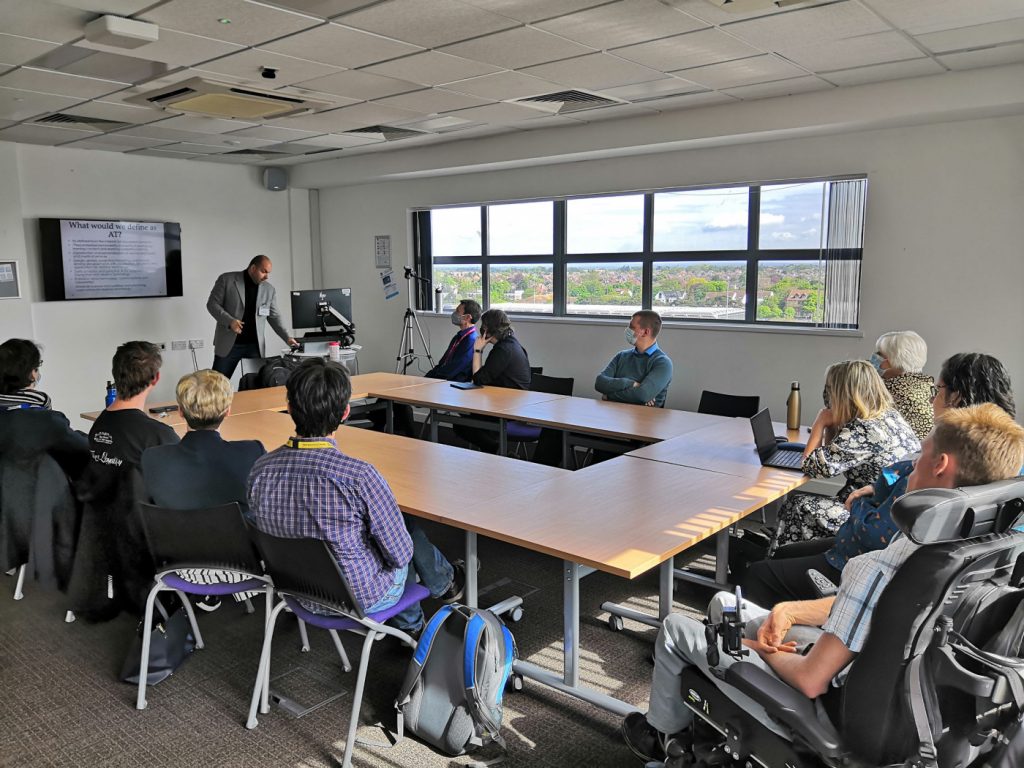
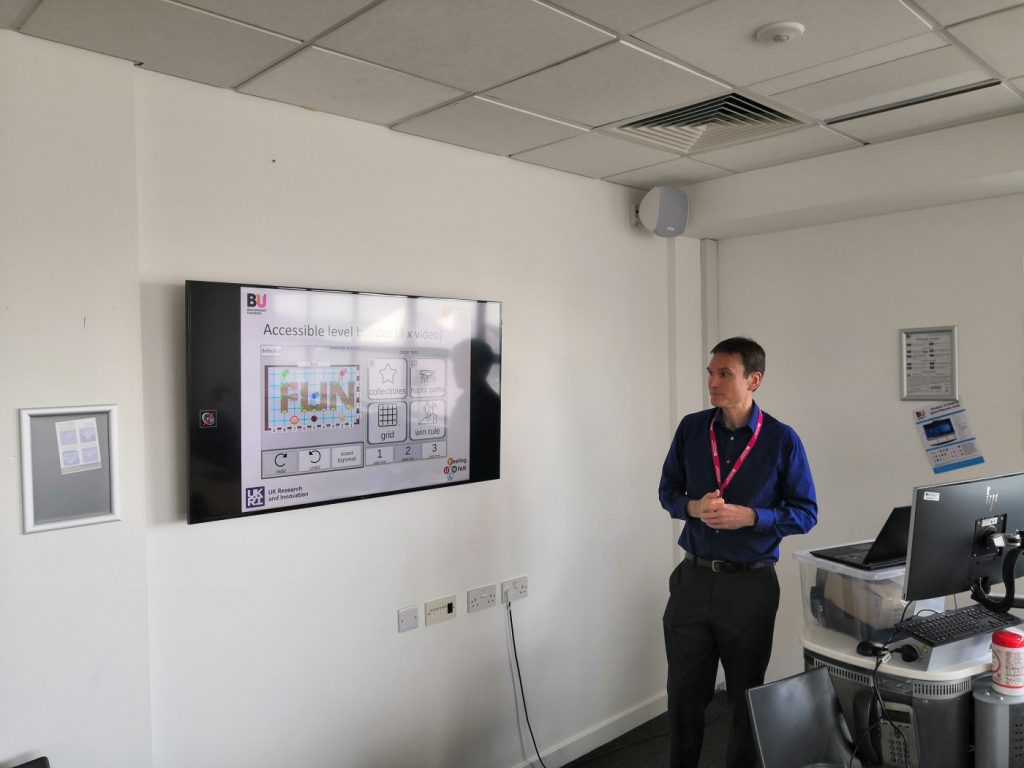
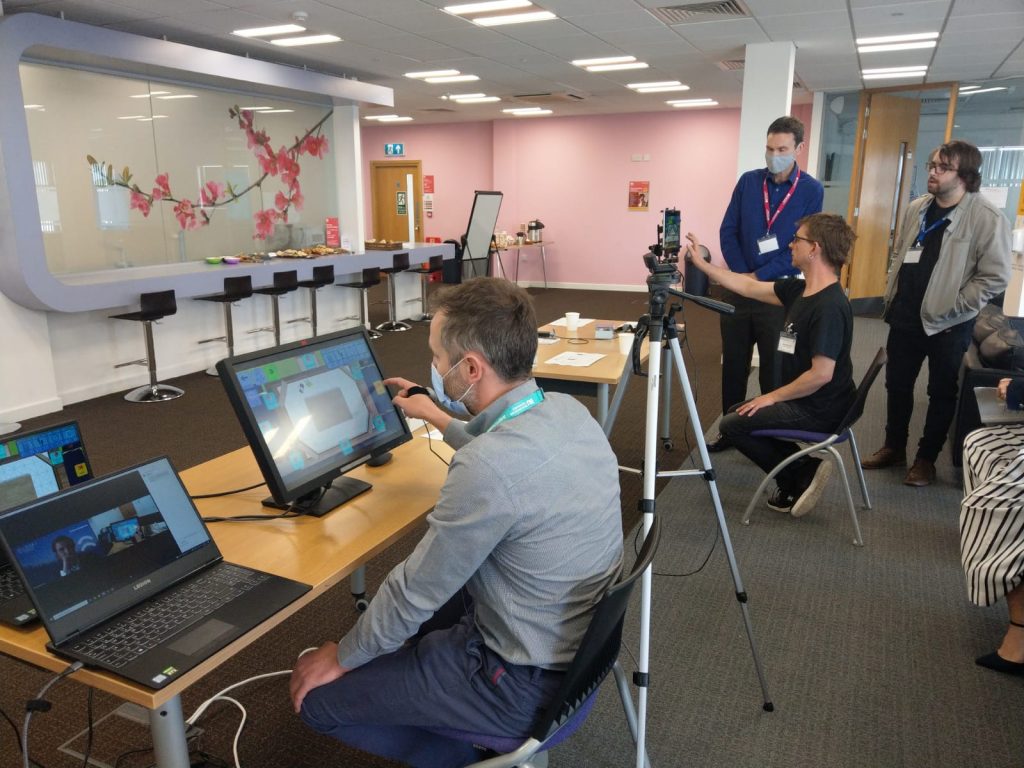
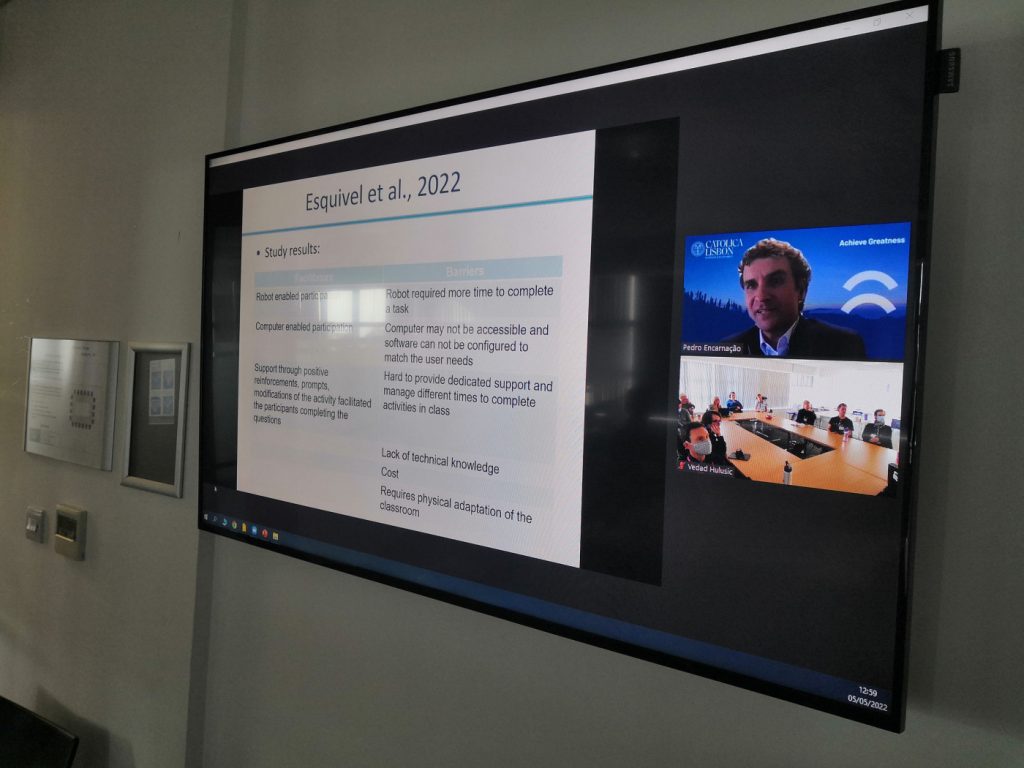
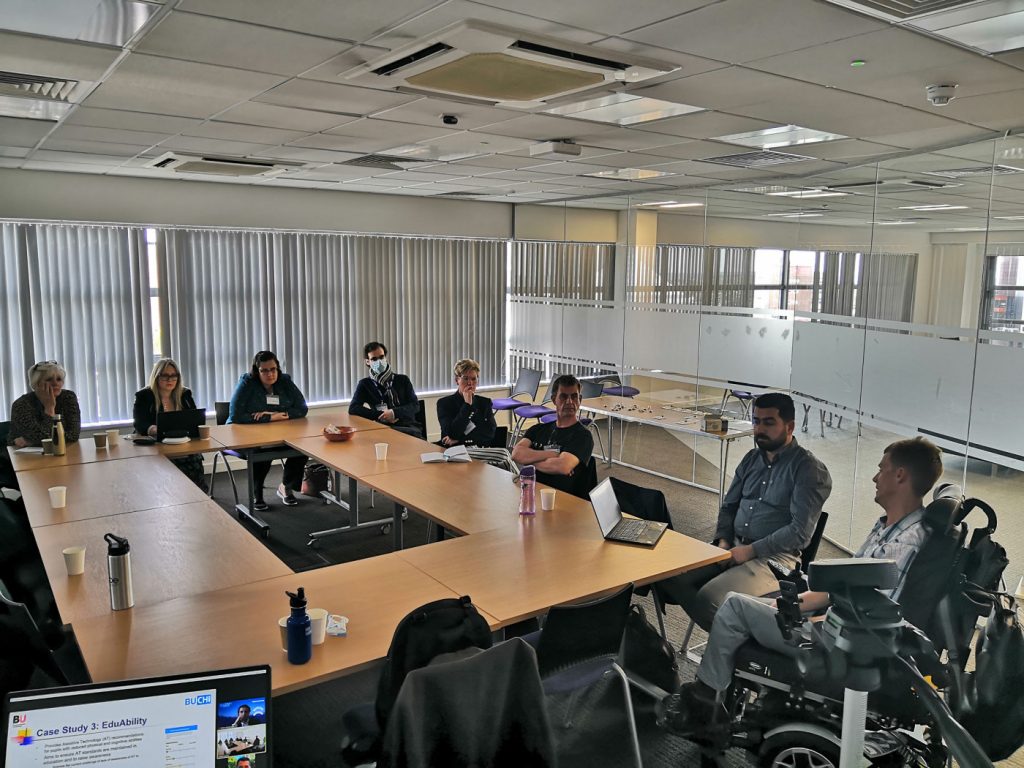
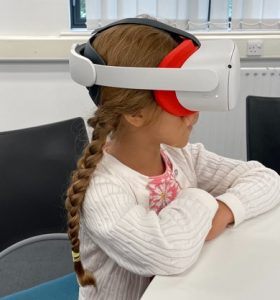
 Our idea
Our idea


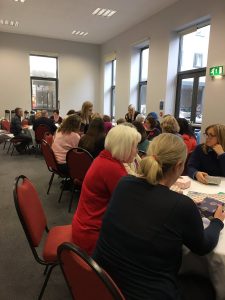 Then we want to hear from you! Deadline: 25 January 2022
Then we want to hear from you! Deadline: 25 January 2022



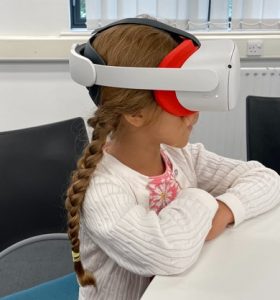




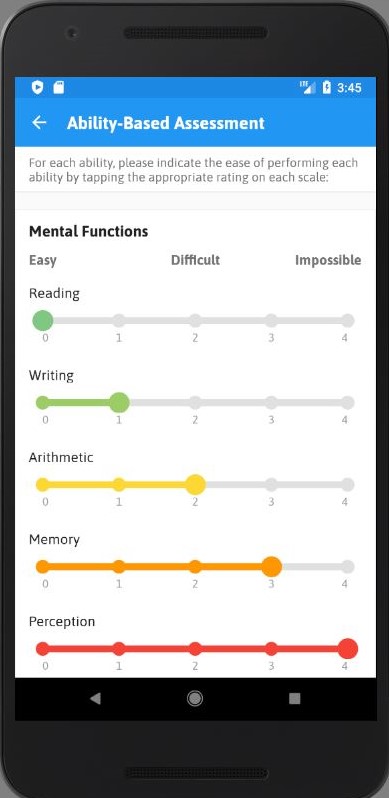












 ESRC Festival of Social Science 2024 Open Call – Deadline for Applications Thursday 16 May
ESRC Festival of Social Science 2024 Open Call – Deadline for Applications Thursday 16 May We can help promote your public engagement event or activity
We can help promote your public engagement event or activity New Seed Fund for Public Engagement with Research: Last Six Funding Opportunities Available
New Seed Fund for Public Engagement with Research: Last Six Funding Opportunities Available Congratulation on new interdisciplinary publication
Congratulation on new interdisciplinary publication New seed fund for public engagement with research: open for applications
New seed fund for public engagement with research: open for applications Horizon Europe News – December 2023
Horizon Europe News – December 2023